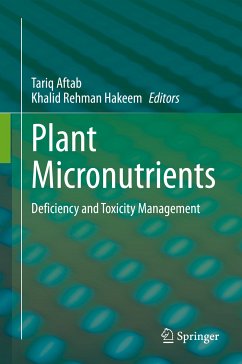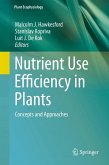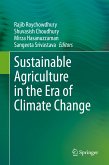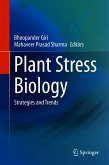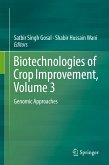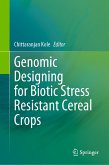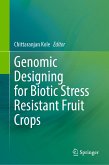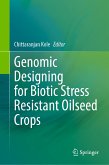Plants require essential nutrients (macronutrients and micronutrients) for normal functioning. Sufficiency range is the levels of nutrients necessary to meet the plant's needs for optimal growth. This range depends on individual plant species and the particular nutrient. Nutrient levels outside of a plant's sufficiency range cause overall crop growth and health to decline, due either to deficiency or toxicity from over-accumulation. Apart from micronutrients (B, Cl, Mn, Fe, Zn, Cu and Mo), Aluminum (Al), cerium (Ce), cobalt (Co), iodine (I), lanthanum (La), sodium (Na), selenium (Se), silicon (Si), titanium (Ti), and vanadium (V) are emerging as novel biostimulants that may enhance crop productivity and nutritional quality. These beneficial elements are not "essential" but when supplied at low dosages, they augment plant growth, development, and yield by stimulating specific molecular, biochemical, and physiological pathways in responses to challenging environments.
The book is the first reference volume that approaches plant micronutrient management with the latest biotechnological and omics tools. Expertly curated chapters highlight working solutions as well as open problems and future challenges in plant micronutrient deficiency or toxicity. We believe this book will introduce readers to state-of-the-art developments and research trends in this field.
Dieser Download kann aus rechtlichen Gründen nur mit Rechnungsadresse in A, B, BG, CY, CZ, D, DK, EW, E, FIN, F, GR, HR, H, IRL, I, LT, L, LR, M, NL, PL, P, R, S, SLO, SK ausgeliefert werden.

